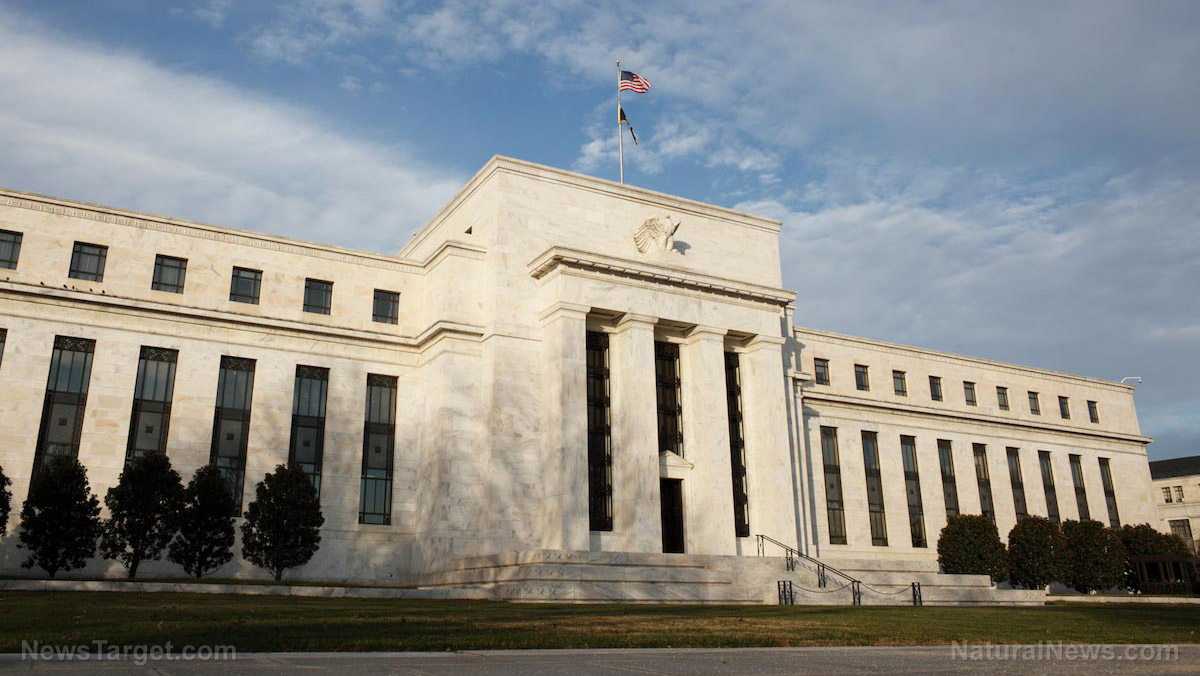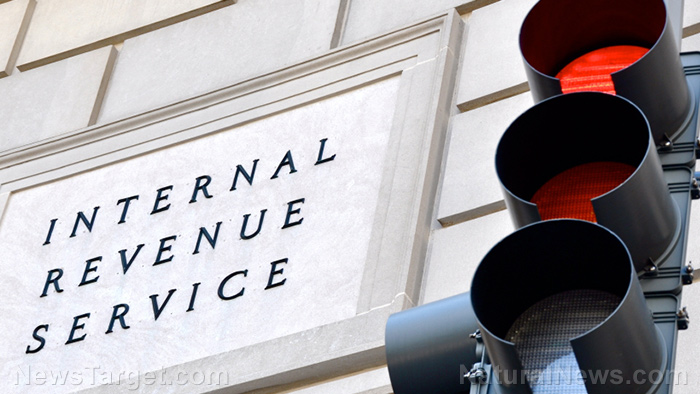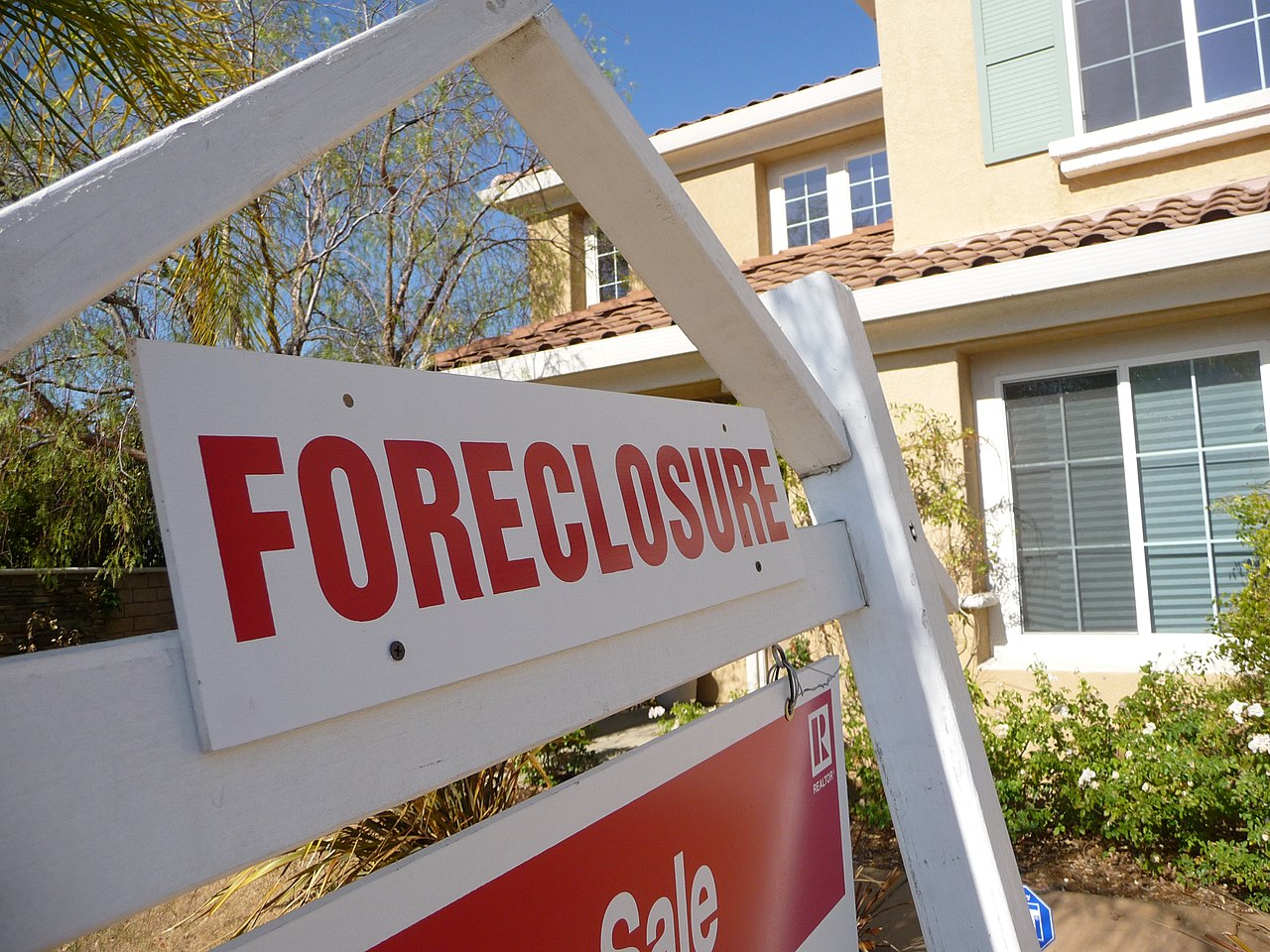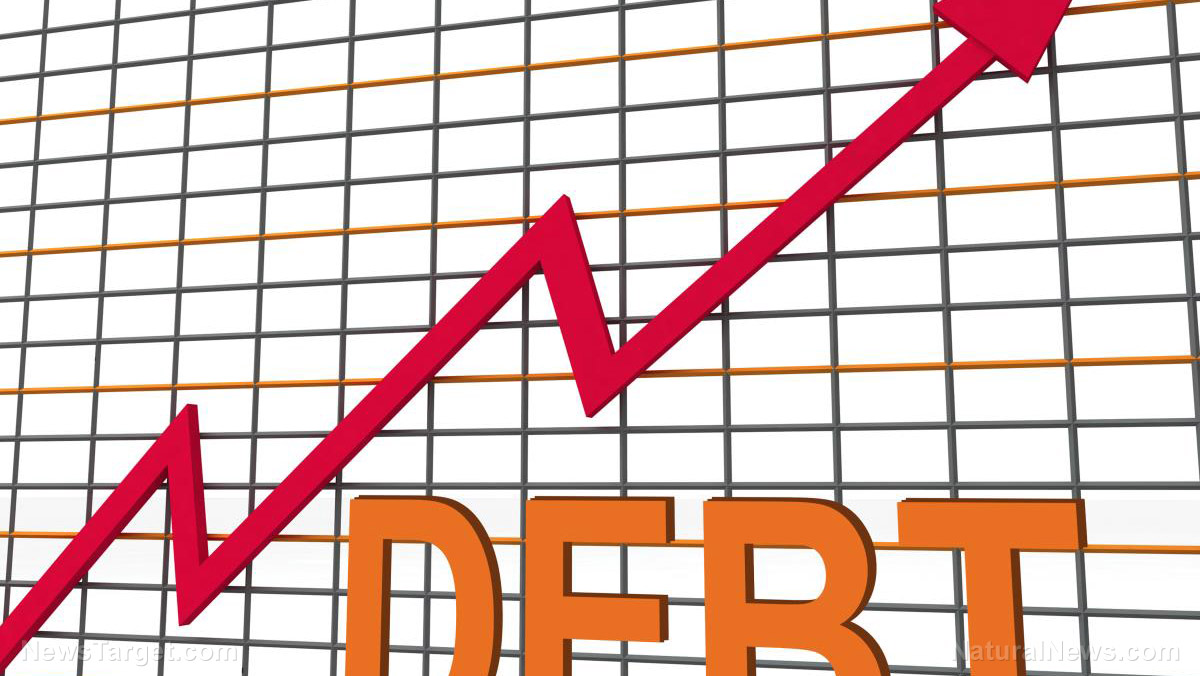CFPB orders Wells Fargo to pay $3.7 billion for gross mismanagement of auto loans, mortgages and deposit accounts
12/21/2022 / By Ethan Huff

The days of Wells Fargo’s existence appear to be numbered after the Consumer Financial Protection Bureau (CFPB) delivered a major blow to the company for its financial malfeasance.
The CFPB has ordered Wells Fargo to pay more than $2 billion to redress consumers and $1.7 billion in civil penalties for legal violations across numerous segments of its largest product lines.
Wells Fargo engaged in all sorts of illegal activity that caused serious financial harm to its customers. Thousands of them even lost their cars and homes, unfairly, due to the company’s gross mismanagement of loans, mortgages, and bank accounts.
“Consumers were illegally assessed fees and interest charges on auto and mortgage loans, had their cars wrongly repossessed, and had payments to auto and mortgage loans misapplied by the bank,” a press release from CFPB explains.
“Wells Fargo also charged consumers unlawful surprise overdraft fees and applied other incorrect charges to checking and savings accounts. Under the terms of the order, Wells Fargo will pay redress to the over 16 million affected consumer accounts, and pay a $1.7 billion fine, which will go to the CFPB’s Civil Penalty Fund, where it will be used to provide relief to victims of consumer financial law violations.” (Related: In 2013, a former Wells Fargo customer sued the bank for forging customers’ signatures in another serious fraud scheme.)
Are you a Wells Fargo victim? You may be entitled to compensation
In a statement, CFPB Director Rohit Chopra called Wells Fargo’s repeated and deliberate unlawfulness a calculated “rinse-repeat cycle” of fraud that “has harmed millions of American families.”
“The CFPB is ordering Wells Fargo to refund billions of dollars to consumers across the country,” Chopra added. “This is an important initial step for accountability and long-term reform of this repeat offender.”
The $2 billion that Wells Fargo is having to pay in restitution will cover refunds for wrongful fees, as well as other charges and compensation for other illicit behavior including frozen bank accounts, illegally repossessed vehicles, and wrongfully foreclosed homes.
Specifically, here is what Wells Fargo will have to pay:
- More than $1.3 billion in consumer redress for affected auto lending accounts
- More than $500 million in consumer redress for affected deposit accounts, including $205 million for illegal surprise overdraft fees
- Nearly $200 million in consumer redress for affected mortgage servicing accounts
Wells Fargo can also no longer charge overdraft fees on deposit accounts when a consumer has available funds at the time of a purchase or other debit transaction, but whose balance turns negative after the transaction settles.
“Surprise overdraft fees have been a recurring issue for consumers who can neither reasonably anticipate nor take steps to avoid them,” CFPB further explains.
Wells Fargo will also need to ensure that auto loan borrowers receive refunds for certain add-on fees that were wrongly imposed.
The other $1.7 billion penalty will be deposited into the CFPB’s victims’ relief fund for further distribution to others who were harmed by Wells Fargo and its criminal financial racket.
If you are or were a Wells Fargo customer, or if you know others who are or were, you can direct them to the CFPB press release page, which contains more information about how to participate in the restitution program.
“Consumers who are experiencing ongoing problems with Wells Fargo, or other financial providers, can submit complaints by visiting the CFPB’s website or by calling (855) 411-CFPB (2372),” the page explains.
“Wells Fargo employees who are aware of other illegal activity are encouraged to send information about what they know to [email protected].”
The latest news about the corruption coming to light in the cesspool of American finance can be found at Corruption.news.
Sources for this article include:
Submit a correction >>
Tagged Under:
auto loans, banking, Bubble, CFPB, conspiracy, corruption, deception, deposit accounts, finance, finance riot, fine, fraud, justice, mismanagement, money supply, mortgages, pensions, risk, traitors, Wells Fargo
This article may contain statements that reflect the opinion of the author
RECENT NEWS & ARTICLES
COPYRIGHT © 2017 PENSIONS.NEWS
All content posted on this site is protected under Free Speech. Pensions.news is not responsible for content written by contributing authors. The information on this site is provided for educational and entertainment purposes only. It is not intended as a substitute for professional advice of any kind. Pensions.news assumes no responsibility for the use or misuse of this material. All trademarks, registered trademarks and service marks mentioned on this site are the property of their respective owners.




















